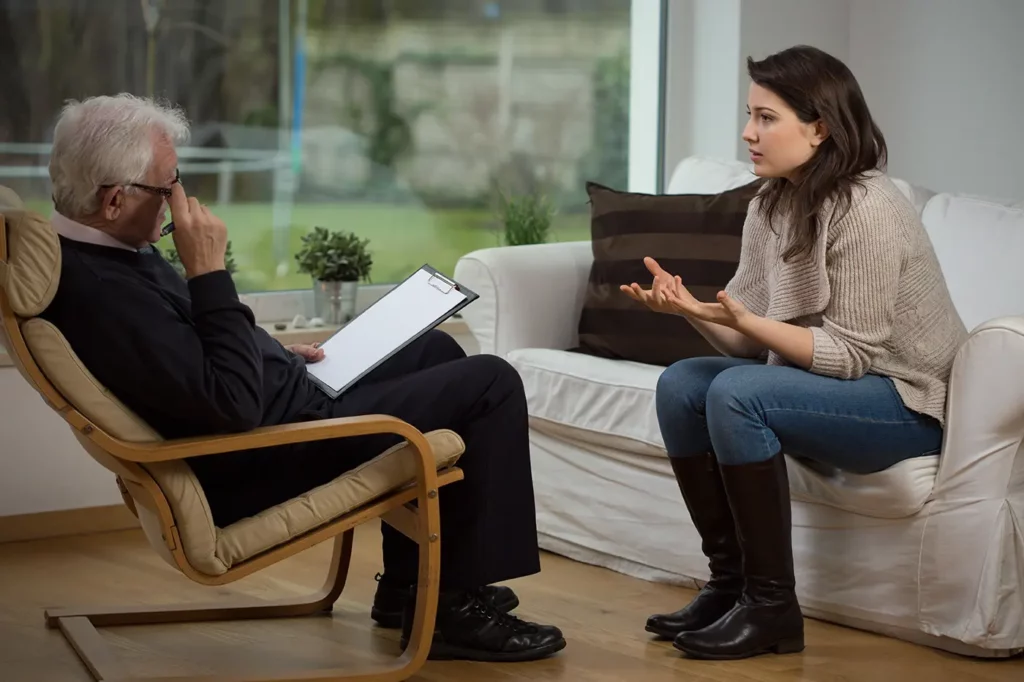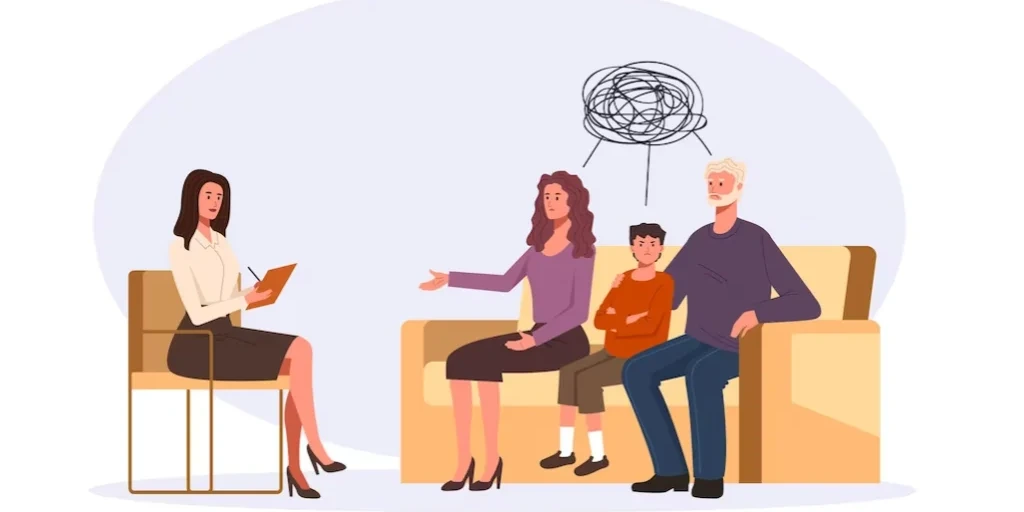24/7 Helpline:
(866) 899-221924/7 Helpline:
(866) 899-2219
Learn more about Pet friendly Rehab centers in Marion County
Pet friendly Rehab in Other Counties

Other Insurance Options

American Behavioral

CareSource

UnitedHealth Group

Ambetter

Absolute Total Care

CareFirst

Cigna

Magellan Health

Molina Healthcare

BHS | Behavioral Health Systems

ComPsych

Carleon

Premera

UMR

Holman Group

Aetna

Sutter

EmblemHealth

Amerigroup

Humana

Family Continuity Peabody
Family Continuity Peabody is a private rehab located in Peabody, Massachusetts. Family Continuity Pe...

Citizens Inn Transition
Citizens Inn Transition is a private rehab located in Peabody, Massachusetts. Citizens Inn Transitio...

Community Substance Abuse Centers
Community Health Care offers outpatient treatment for individuals dealing with opiate addiction. Mer...














































Pioneer Healthcare
Pioneer Healthcare is a private rehab located in Peabody, Massachusetts. Pioneer Healthcare speciali...

























































































































































